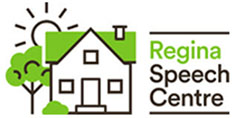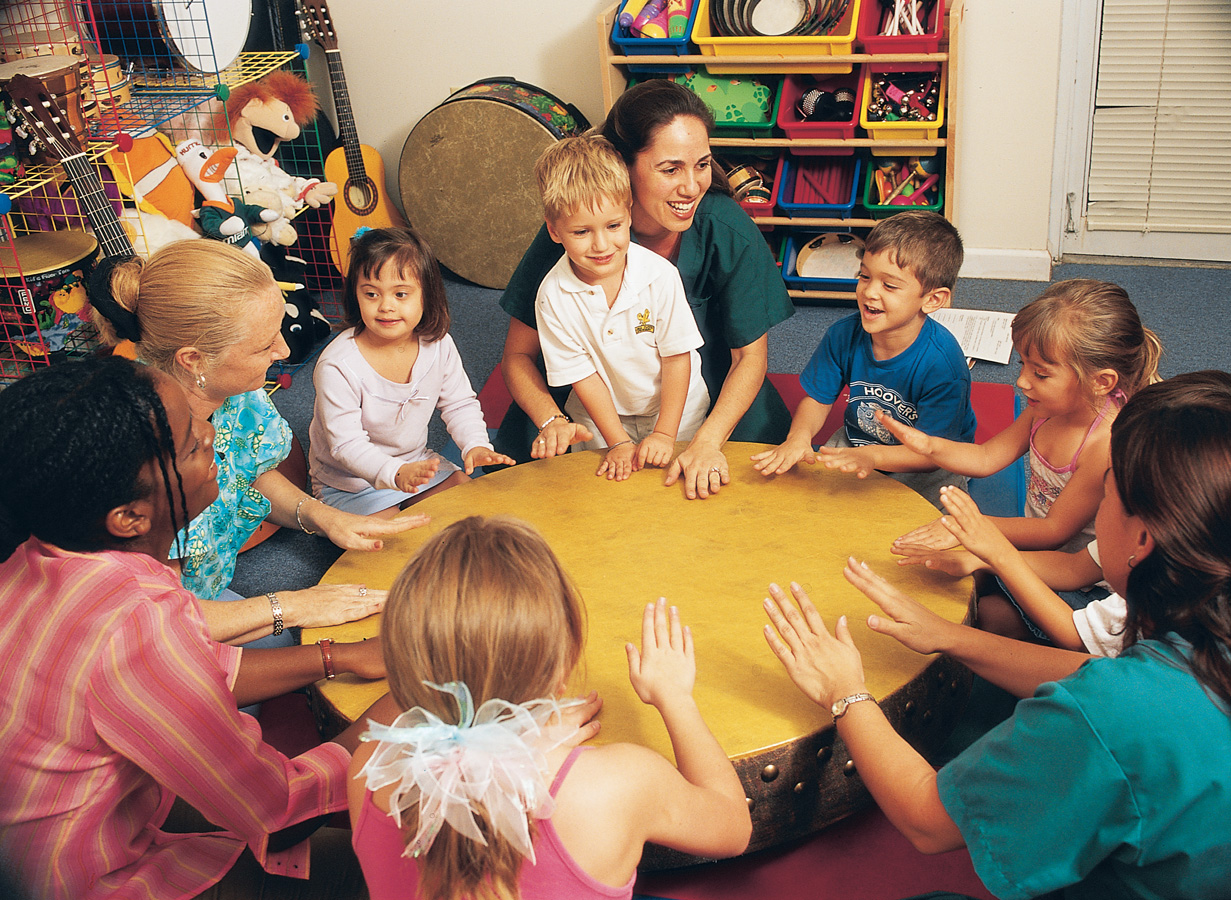“I know what I was made to do!” I said to my father excitedly, “I want to be a music therapist!” “Great!” replied my father, followed by “What is that?” I gave him a feeble answer at the time and then with full support, my parents saw me off to Ontario to fulfill this newfound dream. That was 20 years ago and I am still answering the question “What is that?” when I mention that I am a music therapist to new people that I meet.
The Canadian Association of Music Therapists (CAMT) defines music therapy as “the skillful use of music and musical elements by an accredited music therapist to promote, maintain, and restore mental, physical, emotional, and spiritual health. Music has nonverbal, creative, structural, and emotional qualities. These are used in the therapeutic relationship to facilitate contact, interaction, self-awareness, learning, self-expression, communication, and personal development.”
The American Music Therapy Association defines music therapy as “the clinical and evidence-based use of music interventions to accomplish individualized goals within a therapeutic relationship by a credentialed professional who has completed an approved music therapy program.”
I, however, answer the question: “What is music therapy?” in a variety of ways. It is the profession I am so fortunate to work in, where I use the creative medium of music to help various individuals become the best they can be! Music therapy is meeting the person where they are at and then helping them grow, develop and learn. It is establishing a therapeutic relationship with others where change and growth can occur through the intentional use of music and music therapy approaches and interventions. Completing assessments, making goals, planning programming and implementing services are part of all client interactions.
Music therapy is listening in both the chaos and the silence and giving a creative outlet and voice to those who feel they are never heard. It is encouraging the child with cerebral palsy to reach out to hit the drum as a form of reaching mobility goals and decreasing muscle tension. It is dancing with the senior who is wandering the hall and through song and music, encouraging them to sit and participate in a communal music experience where they find connection, relaxation and feel alive. It is communicating in a shared musical dialogue with a child with autism and giving them opportunities to express and relate in their own way. Music therapy is providing moments of connection between an adult with dementia and their loved ones, care givers and peers as they share in a positive social experience. It is providing music to soothe, comfort, and help with pain relief physically, emotionally and spiritually with families who have a loved one in palliative care.
Music therapy is giving the gift of confidence and increased self-esteem while individuals are provided opportunities to be successful in their own unique ways. It is using music intentionally to work on certain speech sounds and goals with children, youth and adults with speech difficulties. It is working with an individual who has been through trauma and through music exploration can work on attachment and self-regulation.
Music therapy is a profession that can work with anyone regardless of age and ability. It is a modality in which brain based change and growth occurs, as music activates both hemispheres of the brain. Music releases the “feel good” hormone dopamine, it can cause blood pressure to lower, and has been found to decrease stress hormones. I am sure all of us can list ways that music has enhanced our lives, altered our moods, brought back memories and motivated us.
Music therapy is many things to many people but what may not be known is that to be a music therapist one has to attain at least an undergraduate degree in music therapy, and could attain a Masters or Doctorate degree as well which all include supervised clinical work. We also work to become certified with our national association, the Canadian Association for Music Therapists, and to maintain this certification we must engage in continuing education opportunities on a yearly basis.
To me, music therapy is many different things some which can be measured and researched and others that can only be seen and felt in the heart!
Singing inside and out,
>Melanie McDonald, BMT, MTA
For further information on music therapy, visit www.musictherapy.ca. To see who benefits from hiring a music therapist go to http://www.jbmusictherapy.com/when-would-i-ever-hire-a-music-therapist/

